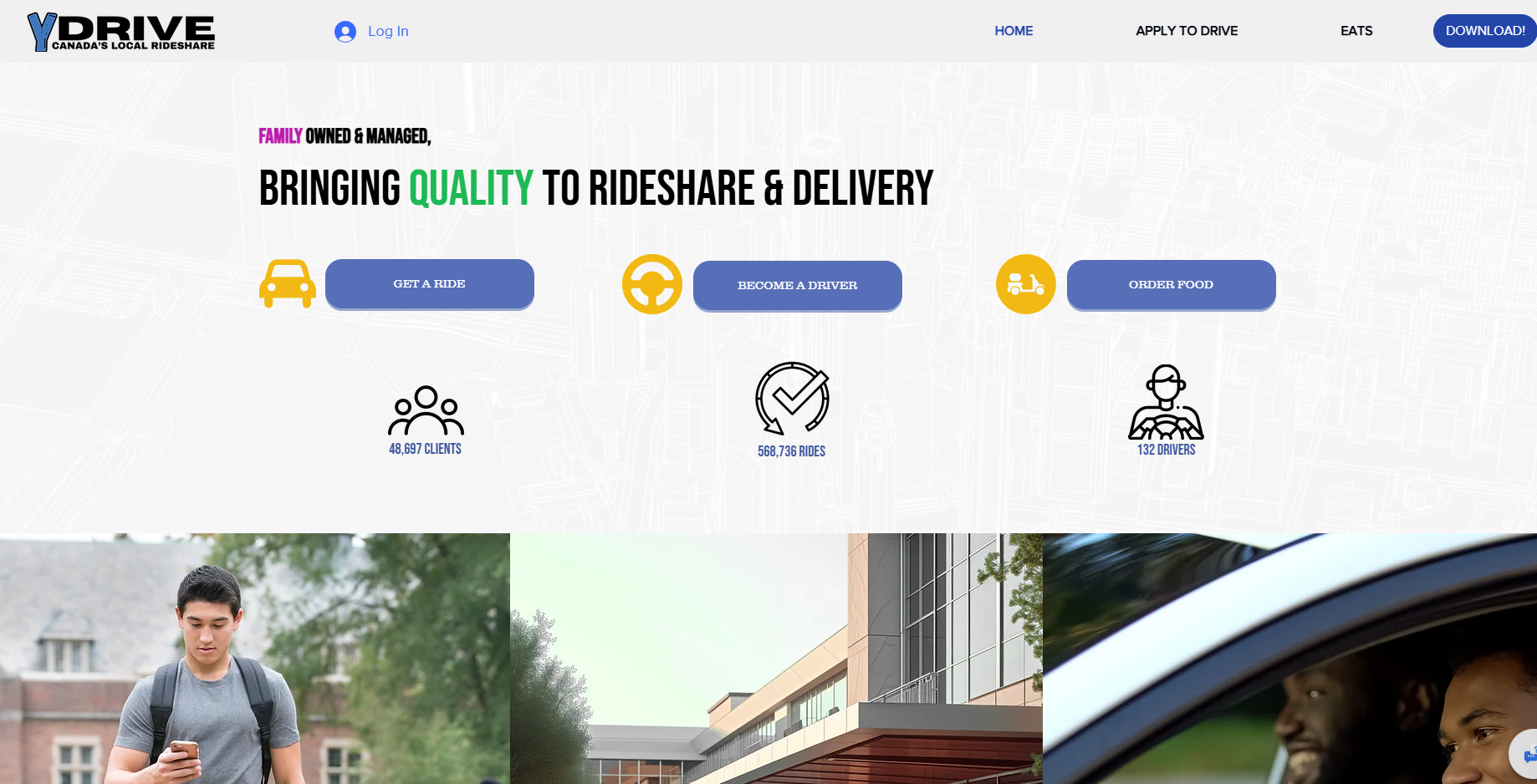Ride-Sharing Rivalry Heats Up in The Hat
TLDR; A Call for Regulation Amid Accusations
Recorded call with both sides.
The ride-sharing scene in Medicine Hat has taken a dramatic turn this week, with local competitors Rob Davidson of Y-Drive and James Ingram of Canadian Ride Share at odds over an unusual public challenge. Davidson has openly invited Ingram to undergo a drug test, even offering to cover the $450 cost for a hair follicle screening. The challenge comes amid swirling rumors about Ingram's alleged drug use—claims he vehemently denies but has yet to dispel with a test.
Davidson, whose app operates in several municipalities, claims he is acting in the interest of industry integrity. "Medicine Hat’s ride-share market is like the wild west," Davidson said.
Ingram, for his part, responded with heated resistance. During a phone conversation, he accused his “enemies” of slander and expressed suspicion about Davidson’s motives. However, he stopped short of accepting the challenge. His refusal to engage, coupled with an agitated demeanor, has only fueled speculation.
Y-Drive’s Website
Y-Drive’s Website
A City Without Rules?
Medicine Hat’s laissez-faire approach to ride-sharing regulations has created a hyper-competitive market. Companies like Y-Drive and Canadian Ride Share operate with minimal oversight, leading to questions about passenger safety, driver vetting, and market fairness.
In more tightly regulated municipalities, ride-sharing companies must comply with extensive bylaws. These include mandatory drug testing for drivers, vehicle inspections, and proof of adequate insurance. Without similar measures in Medicine Hat, companies are left to self-regulate—a scenario that can foster conflicts and cast doubts on the reliability of services.
What Would Regulation Look Like?
If Medicine Hat were to follow in the footsteps of cities like Peterborough, new bylaws could dramatically reshape the local ride-share industry. Regulations might include:
Mandatory Driver Vetting: Comprehensive background checks, including drug tests, to ensure passenger safety.
Vehicle Standards: Regular inspections to confirm vehicles meet safety and cleanliness standards.
Fee Structures: Licensing fees that would provide revenue for enforcement while leveling the playing field.
Insurance Requirements: Clear guidelines on driver and company liability.
Medicine Hat Newspaper popularity contest 2024
While these measures would add operational costs, they could also raise consumer confidence in the industry, potentially increasing ride-share usage overall.
A Market in Crisis or Transition?
The feud between Davidson and Ingram underscores the challenges of a market left to police itself. While Davidson’s push for industry reform may come off as opportunistic, his call for greater accountability raises valid concerns. Ingram's refusal to rise above the fray, on the other hand, may further erode public trust in his brand.
The future of ride-sharing in Medicine Hat depends on whether city officials step in to introduce regulations. Without them, the market will remain a chaotic battleground where rumors and rivalries dominate the narrative. However, with thoughtful oversight, Medicine Hat could transform its ride-share market from the "wild west" into a model of modern urban transit.
As the drama unfolds, one thing is clear: Medicine Hat passengers deserve safe, reliable, and trustworthy ride-share services. Whether that comes from industry self-regulation or municipal intervention remains to be seen.



